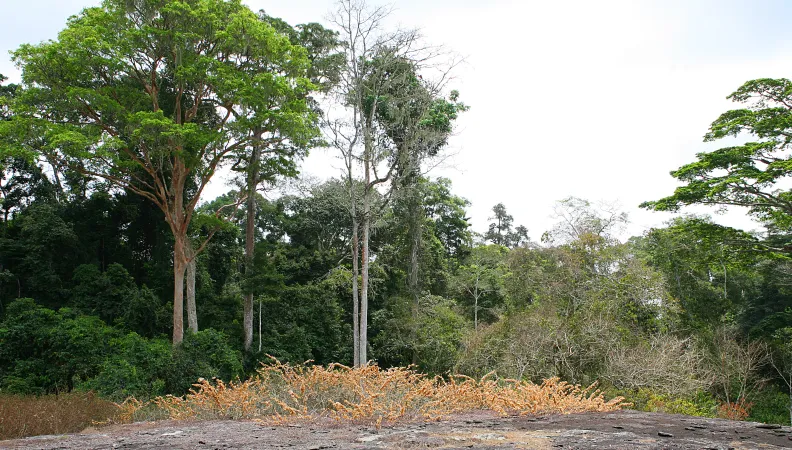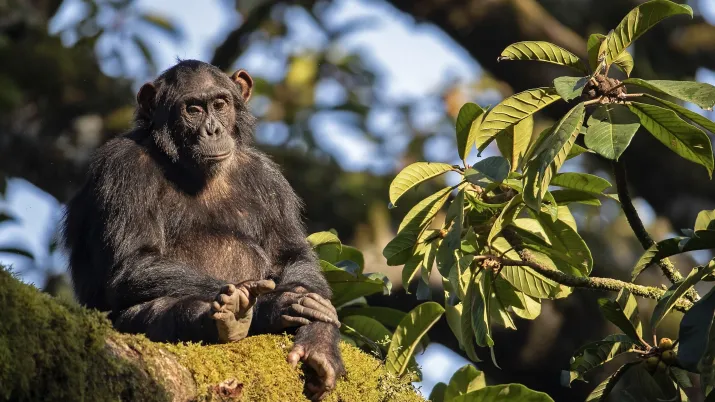Share the page
The FoFauPopU project featured on “La Terre au Carré”
Published on

Broadcaster France Inter dedicated an entire programme on La Terre au Carré to the topic of imported deforestation, interviewing 2 FFEM partners: Sabrina Krief, primatologist at France’s Natural History Museum, who is running the FoFauPopU project in Uganda (supported by the FFEM), and Nicolas Salaün, heading up the Small-Scale Initiatives Programme (PPI) on the French committee of the IUCN, also supported by the FFEM.
La Terre au Carré was broadcast on Wednesday 13 January in partnership with the French Committee of the International Union for Conservation of Nature (IUCN), represented by Nicolas Salaün. The topic addressed was imported deforestation; in other words, all the goods imported whose production has contributed to deforestation or to the conversion of natural forest ecosystems outside French borders. France’s responsibility regarding the invisible costs of this was highlighted, together with the national strategy to combat this imported deforestation. For Nicolas Salaün, “we need to bear in mind that behind every product we buy there could be a forest.”
Deforestation particularly impacts the great ape populations, by severely reducing their habitat. That may engender human-fauna conflict, as is the case around Uganda’s Kibale National Park. Sabrina Krief, primatologist at France’s Natural History Museum, works in the region as part of the FoFauPopU (Forest, Fauna, Population in Uganda) project, supported by the FFEM. There she monitors an ape population, witnessing the problems that result from their scavenging for food in the fields surrounding the natural park. The chemical inputs used on the fields affect the animals’ health: many of the chimpanzees suffer from facial deformities and sterility problems. Increasingly, these frequent inter-species contacts spread pathological agents and trigger the emergence of zoonoses.
The FoFauPopU project seeks to minimise these conflicts, and more widely to ensure both the protection of biodiversity and the region’s socio-economic development. To achieve this, governance of the park’s local communities has to be tightened. Measures are being implemented to limit poaching and the incursions of apes into planted areas. The project also supports the development of pesticide-free agriculture around the park, encouraging smaller plots that are more easily monitored.
Further reading
One Planet Summit: the FoFauPopU project revisited
The fourth edition of the One Planet Summit has as its subject the preservation of biodiversity. The FoFauPopU project, financed by the FFEM, particularly echoes one of the sub-themes, the protection ...
Published on January 11, 2021

